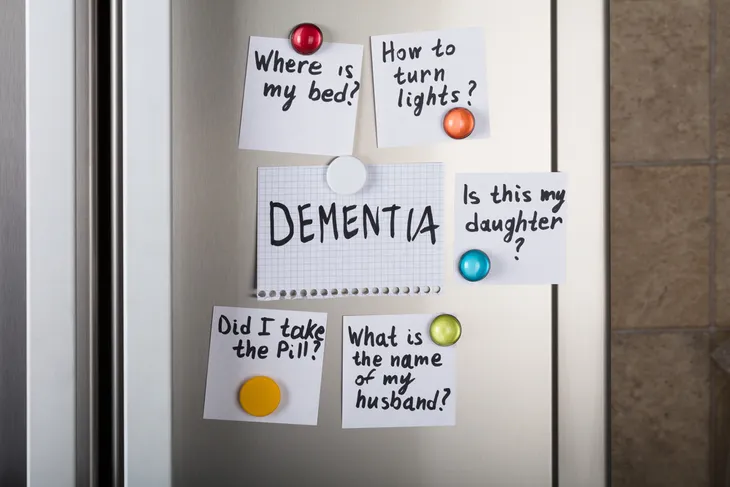The world’s population is aging quickly. The number of adults over the age of 60 will double in the next three decades. Today approximately 12-percent of the population is comprised of persons over the age of 60, in 2050 that number will exceed 22-percent. This is an increase from 900 million to 2 billion people. Not only is the older population increasing, but they are living longer as well.
Older adults face special health challenges which frequently involve several simultaneous ailments and polypharmacy used to address them…
Want senior content delivered straight to your inbox? Sign up for our exclusive email list and receive articles and news on diet & nutrition, fitness, and mental health dedicated specifically to our senior audience!
Diet
Eating a mostly Mediterranean diet consisting of plenty of fruits and vegetables plus cooking with olive oil instead of butter can improve your health and prevent disease. Eating three or more smaller meals with protein at each meal helps to regulate blood sugar levels.
Older adults often have problems with indigestion and constipation. Limiting acidic foods, drinking plenty of water and eating fibre rich foods can go a long way to treating these problems.
Exercise
Research studies have shown that exercising as little as 40-minutes three to four times a week can significantly improve your health. Exercising results in improved cardiac health, blood flow, mental acuity and improves your mood.
You don’t have to join a gym to get fit. Walking, gardening and even housework can help. The point is to get up off the couch and move your body. Choosing an activity you enjoy will help keep you on track.
Mental Health
It is estimated that more than 20-percent of seniors suffer from a mental or neurological problem. Depression and dementia are the most common conditions. Deaths from self-harm in the elderly accounts for 25-percent of all suicides committed across every age group.
Anxiety affects 3.8 percent of the senior population and substance abuse affects 1-percent. Older adults who experience deteriorating health, death of a spouse, divorce, loneliness, isolation, financial problems and poverty are far more susceptible to developing depression.
Dementia
Dementia is a degenerative condition of the brain which leads to cognitive deficits in the areas of memory, judgement, thinking, and executive functioning.
Approximately 47.5 million people globally are living with dementia today. Those numbers are projected to increase to 75.6 million by 2030 and 135.5 million by 2050.
Alcohol In Moderation
Alcohol such as red wine can have health benefits. Improving blood flow and decreasing the risk of stroke. However, the trick is to consume alcohol in moderation. Limit intake to one glass per day for women and two glasses per day for men. Seniors are physically less tolerant to alcohol due to several factors including a decreased hepatic blood flow, a decrease in their ratio of body water to fat, poor kidney function, and the fact that alcohol affects their brains more quickly.
It is estimated that upwards of 60-percent of seniors who present to the emergency department with confusion, multiple falls, repeated chest infections and cardiac problems are in fact suffering from unrecognized alcohol addictions.
Sleep
Older adults should aim for a minimum of 7- to 9-hours of sleep every night. Seniors may suffer from sleep disorders due to conditions such as chronic pain, insomnia, depression and having to urinate frequently.
Stick to a regular bedtime and wake time to set your biological clock. Don’t drink alcohol before bed as it impedes sleep and can cause you to wake up in the middle of the night. Limit fluids of any kind several hours before bedtime. This will help reduce the number of times you’ll need to get up to empty your bladder. (Having trouble sleeping? Follow these Sleeping Tips for Seniors).
Stimulate the Mind
Remember the saying if you don’t use it, you lose it? This applied not only to physical skills but to mental acuity as well. Exercising your brain helps keep you mentally sharp.
Learning something new is a wonderful way to achieve this. Brain teasers, crosswords and reading are also effective ways to challenge and exercise your brain. (We’ve also compiled a list of Fun Activities That Will Keep Your Brain Young).
Maintain an Active Social Life
Research has shown that those who have close relationships with family and friends have a decreased incidence of dementia and score higher on intelligence tests. Research from the Drexel University School of Public Health finds that seniors who lived in areas with more satisfying social connections had significantly higher physical mobility scores.
One study conducted by Bryan James, from the Rush Alzheimer’s Disease Centre, in Chicago discovered that the rate of cognitive deterioration in people with good social contacts was more than 70-percent less than in those with poor or limited social interaction.











